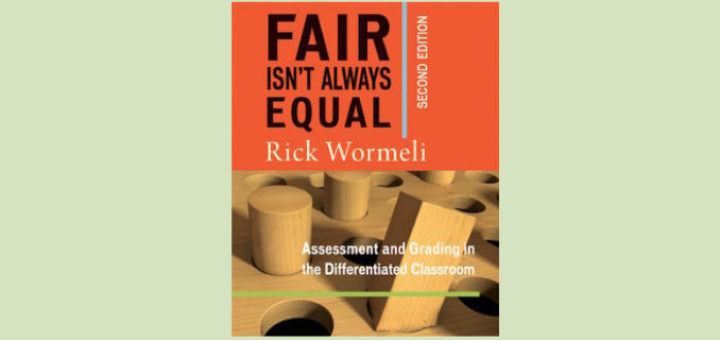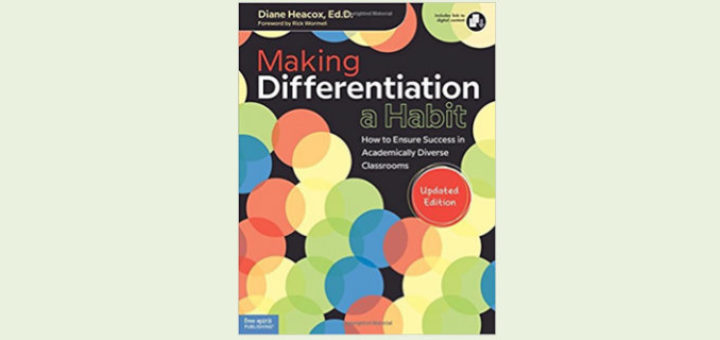Try These Creative Ways to Do Formative Assessment
Formative assessment can be fun. Yes, FUN, writes teacher Cheryl Mizerny. How to turn all those frequent checks for understanding into activities students can enjoy? Cheryl shares her go-to’s, both tech enhanced and tech free. Why not give Incredible Shrinking Text a try?





















